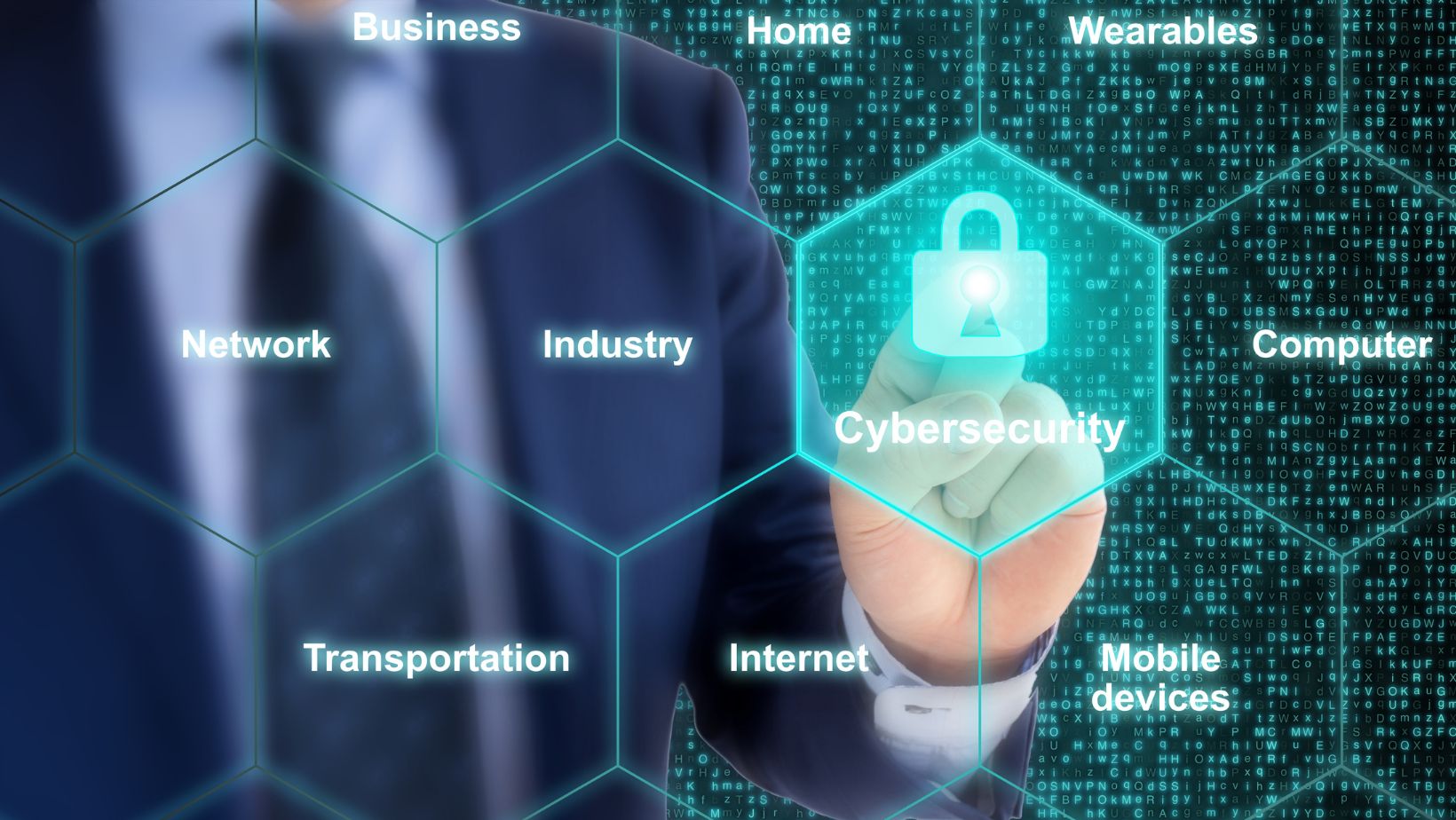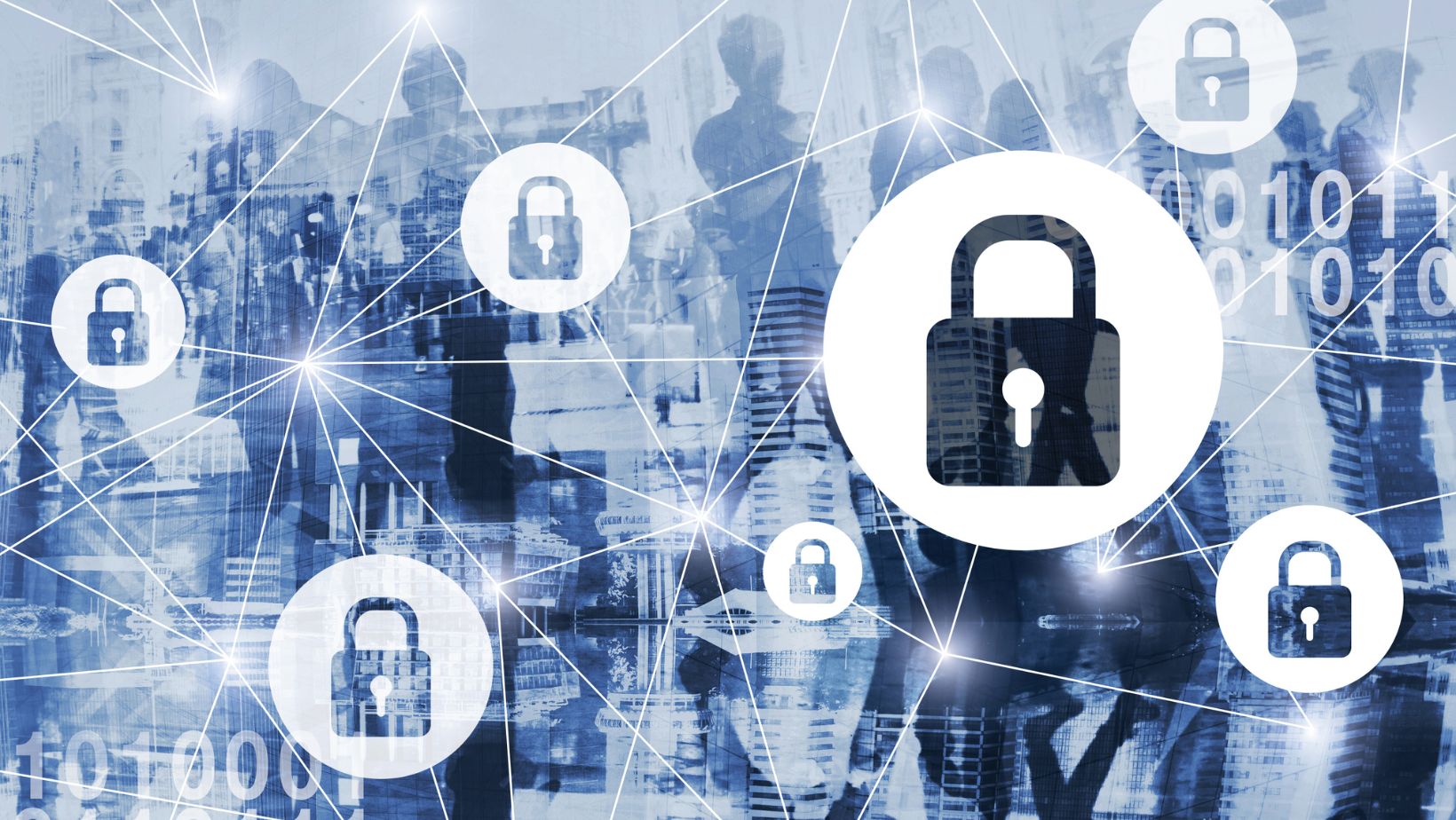In an era where digital technologies permeate every facet of life, cybersecurity has become a fundamental necessity. As businesses and individuals increasingly rely on digital solutions for daily operations, the threat landscape continues to expand, making cybersecurity not just an IT issue but a broad organizational and societal concern. Cybersecurity aims to protect computer systems, networks, and data from various threats, including cyber attacks, unauthorized access, and data breaches. The pillars of cybersecurity—confidentiality, integrity, and availability—ensure that information is accessible only to authorized users, remains accurate and complete, and is available when needed.
Cybersecurity Challenges:
- Increasing Complexity of Cyber Attacks: Hackers are constantly evolving their tactics, using more sophisticated methods to breach security measures.
- Rise of IoT and Mobile Devices: More connected devices mean more entry points for attackers.

- Shortage of Skilled Cybersecurity Professionals: There is a global shortage of individuals with the cybersecurity skills needed to defend against and respond to threats.
- Regulatory Compliance: Businesses must navigate a maze of privacy and security regulations, which can vary significantly by region and industry.
Leveraging a Virtual CISO for Enhanced Security
For many organizations, especially small to medium-sized enterprises (SMEs), the cost of hiring a full-time Chief Information Security Officer (CISO) can be prohibitive. This is where a Virtual CISO (vCISO) becomes a valuable asset. A vciso provides the same expertise and strategic oversight as an in-house CISO but works remotely and typically on a flexible basis. This model is particularly beneficial for organizations that need high-level security expertise but do not require—or cannot afford—a full-time executive.
Key Benefits of a vCISO:
- Cost Efficiency: Reduces the financial burden of a full-time salary and associated benefits.
- Flexibility: Offers tailored security expertise when and where it’s needed.
- Scalability: Enables businesses to scale their security needs in line with their growth and threat landscape.
- Access to Expertise: This brings specialized knowledge and experience that might be otherwise out of reach for many smaller companies.

In practice, a vCISO helps develop and implement security strategies, manages cybersecurity frameworks, ensures compliance with relevant laws and standards, and trains and leads internal teams in best security practices. Moreover, they play a critical role in incident response and mitigation, helping to minimize the impact of security breaches.
Conclusion: Prioritizing Cybersecurity as a Core Business Strategy
Given the severity and frequency of cyber threats, it is essential that cybersecurity be integrated as a core component of business strategy. Whether through the appointment of a full-time CISO, the engagement of a vCISO, or other cybersecurity initiatives, businesses must proactively manage their digital risks. This not only protects the organization’s data and systems but also secures its reputation and customer trust.
Ultimately, in the digital age, the cost of neglecting cybersecurity can far exceed the investment in it. By prioritizing and continuously improving cybersecurity measures, organizations can better navigate the challenges of a rapidly evolving digital landscape.



